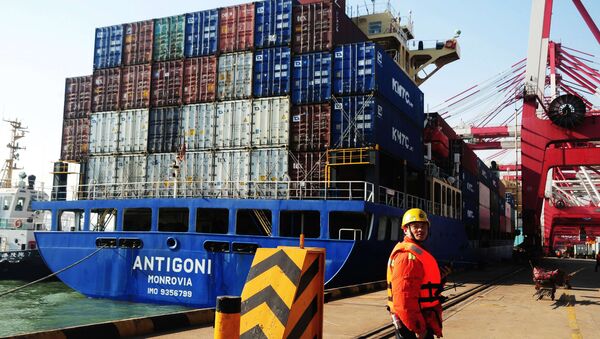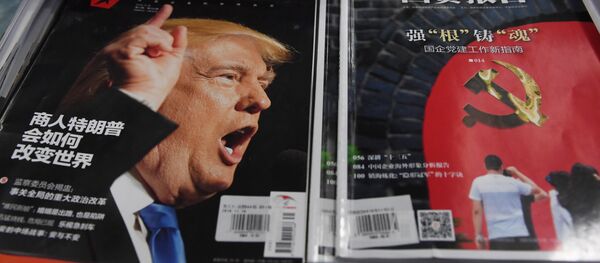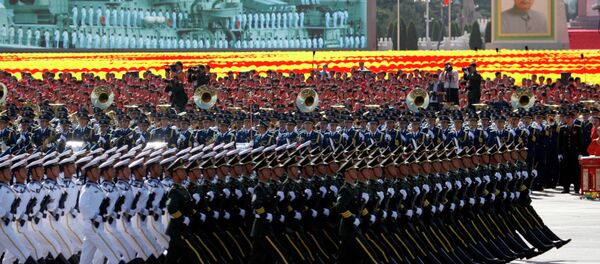On Monday the Commerce Ministry said that China has launched a dispute resolution case at the WTO, demanding that all WTO members, particularly the US and EU, stop using the "surrogate country approach" to impose higher tariffs against Chinese goods, which they claim to be exported at artificially low prices.
"Regretfully, the US and EU have yet to fulfil this obligation," the ministry wrote on its website.
Sunday December 11 marked the 15th anniversary of China's WTO accession, and China expects governments which have not already done so, to lift anti-dumping tariffs against its exports and treat Beijing like a fully-fledged member of the organization.
The WTO and China agreed an accession protocol when Beijing joined the organization in 2001. Article 15 of this protocol dictates the terms which importing WTO members can use to compare their prices with those of Chinese producers, to determine if that producer is competing fairly with the domestic producers in the importing country.
Some WTO members including the US and EU want to reserve the right to restrict Chinese imports with higher tariffs, in order to protect their manufacturers against "dumping," the process by which a manufacturer exports a product to another country at a price below that charged in its home market, or at a price lower than the cost of production.
This has allowed WTO members to use prices in a third country as a benchmark to calculate the normal value of Chinese exports.
However, Article 15 also states that this proviso expires 15 years after the date of accession, and China is consequently demanding to be treated as a market economy as a result.
On Sunday Chinese Commerce Minister Gao Hucheng slammed the reluctance of some WTO members to lift anti-dumping tariffs.
"China calls on all WTO members to respect and strictly adhere to international law, and also fulfil their international obligations. China will vigorously defend its legitimate interests and reserves the right to take further measures to protect its interests in relation to other WTO members that don't comply with their obligations," Gao wrote.
The Commerce Minister called the "market economy" concept a hangover from the Cold War era, and a domestic legal conception which should not apply to the WTO.
"However, there remain a small number of WTO member countries which continue to fail to fulfil their obligations under Article 15 and intentionally confuse the issue with the so-called 'market economy' principle, based on domestic legal principles. In actual fact, this concept doesn't exist in WTO principles," he wrote.



